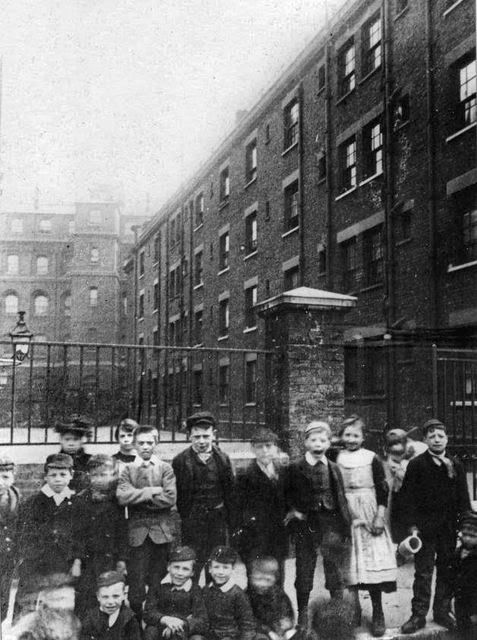
The Qualities of Courtly Love
- Aristocratic: As its name implies, courtly love was practiced by noble lords and ladies; its proper milieu was the royal palace or court.
- Ritualistic: Couples engaged in a courtly relationship conventionally exchanged gifts and tokens of their affair. The lady was wooed according to elaborate conventions of etiquette (cf. "courtship" and "courtesy") and was the constant recipient of songs, poems, bouquets, sweet favors, and ceremonial gestures. For all these gentle and painstaking attentions on the part of her lover, she need only return a short hint of approval, a mere shadow of affection. After all, she was the exalted domina--the commanding "mistress" of the affair; he was but her servus--a lowly but faithful servant.
- Secret: Courtly lovers were pledged to strict secrecy. The foundation for their affair--indeed the source of its special aura and electricity--was that the rest of the world (except for a few confidantes or go-betweens) was excluded. In effect, the lovers composed a universe unto themselves--a special world with its own places (e.g., the secret rendezvous), rules, codes, and commandments.
- Adulterous: "Fine love"--almost by definition--was extramarital. Indeed one of its principle attractions was that it offered an escape from the dull routines and boring confinements of noble marriage (which was typically little more than a political or economic alliance for the purpose of producing royal offspring). The troubadours themselves scoffed at marriage, regarding it as a glorified religious swindle. In its place they exalted their own ideal of a disciplined and decorous carnal relationship whose ultimate objective was not crude physical satisfaction, but a sublime and sensual intimacy.
- Literary: Before it established itself as a popular real-life activity, courtly love first gained attention as a subject and theme in imaginative literature. Ardent knights, that is to say, and their passionately adored ladies were already popular figures in song and fable before they began spawning a host of real-life imitators in the palace halls and boudoirs of medieval Europe. (Note: Even the word "romance"--from Old French romanz--began life as the name for a narrative poem about chivalric heroes. Only later was the term applied to the distinctive love relationship commonly featured in such poems.) "



No comments:
Post a Comment